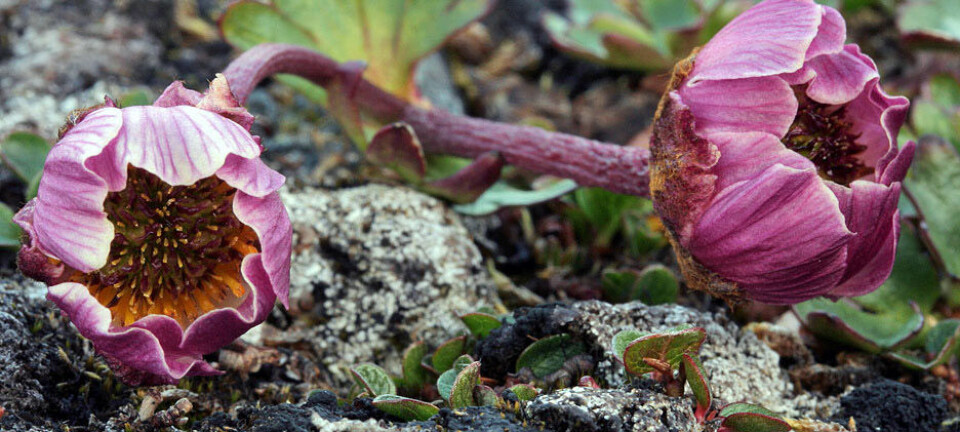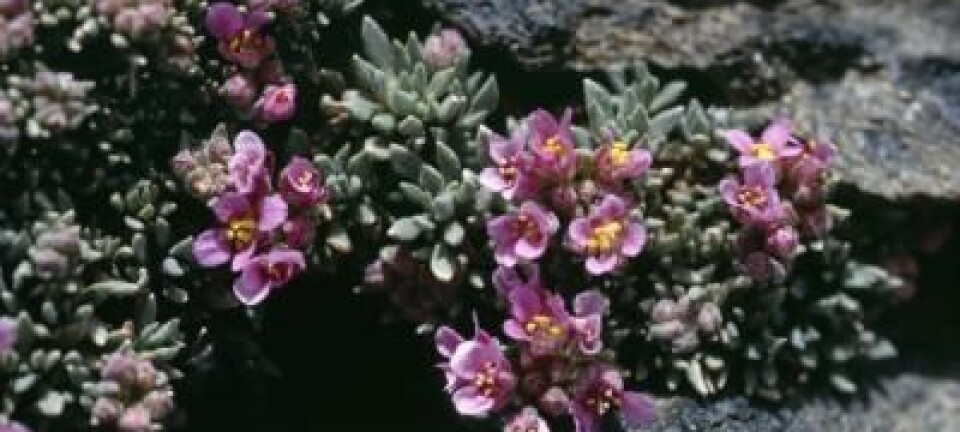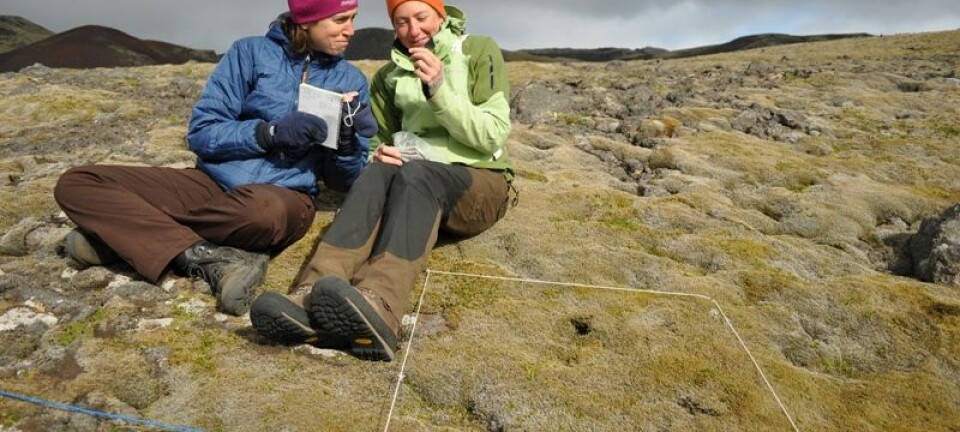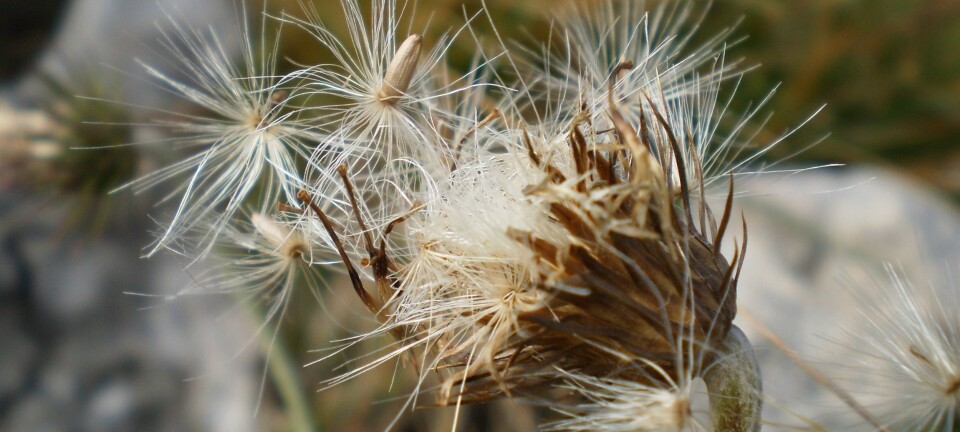This article was produced and financed by Norwegian Institute for Agricultural and Environmental Research
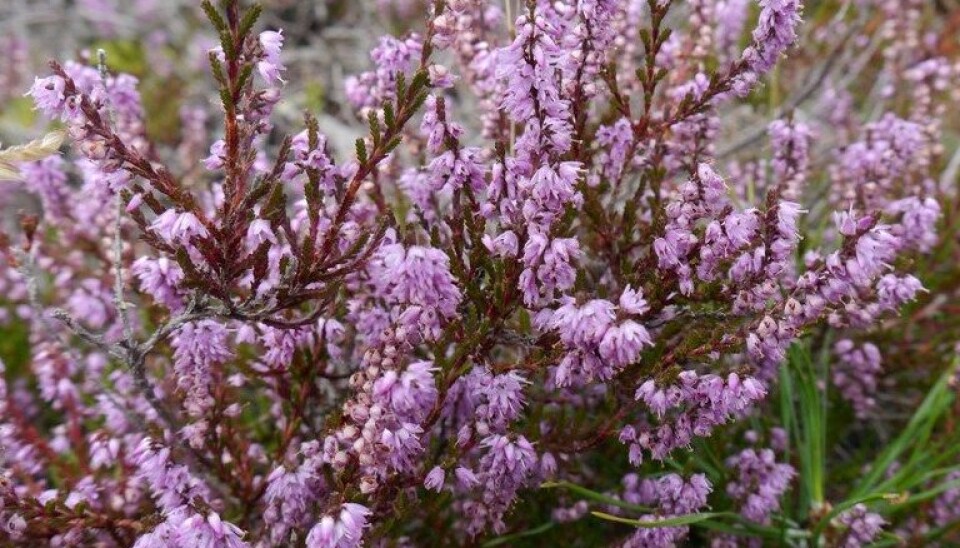
Heather burning has affected evolution
Heather seeds germinate faster after a fire.Though only in cultural landscapes.
Denne artikkelen er over ti år gammel og kan inneholde utdatert informasjon.
Heather (Calluna vulgaris) is a keystone species in the coastal heaths of northwestern Europe. This is an ancient cultural landscape of conservation value.
The research community has long been interested in the history and ecology of this landscape.
"Our group have been particularly interested in the interaction between natural ecological processes and management of heathlands," explains Professor Vigdis Vandvik from the Department of Biology at University of Bergen.
Together with Inger E. Måren, also from Bergen, and Liv Guri Velle from Bioforsk (Norwegian Institute for Agricultural and Environmental Research), she has worked extensively with coastal heath.
Sense of smell
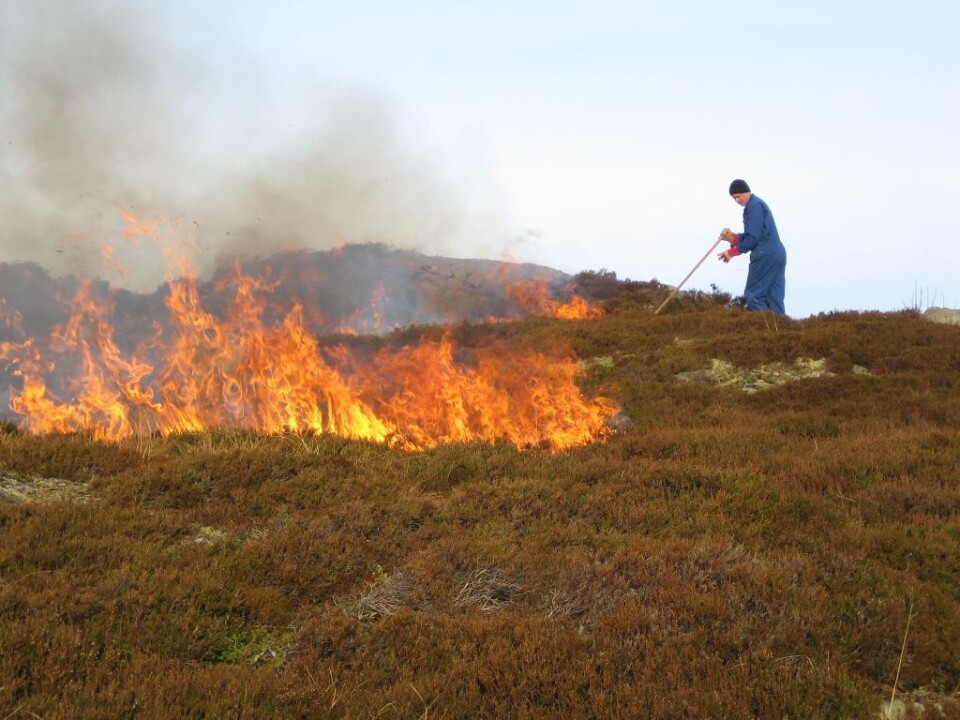
A few years ago, they found that heather seeds from seed banks in heathland soils seemed to know when the heathlands above them had been burned.
"We found that Calluna seeds had a specific biochemical apparatus that enabled them to detect chemical substances in smoke, and they germinated by sprout more quickly if they were exposed to these substances," Vandvik says.
Such environmental cueing responses to smoke have previously been found in many species occurring in naturally fire-prone systems, such as found in South Africa, California, Australia, and around the Mediterranean.
In ecological terms, these responses are easy to understand:
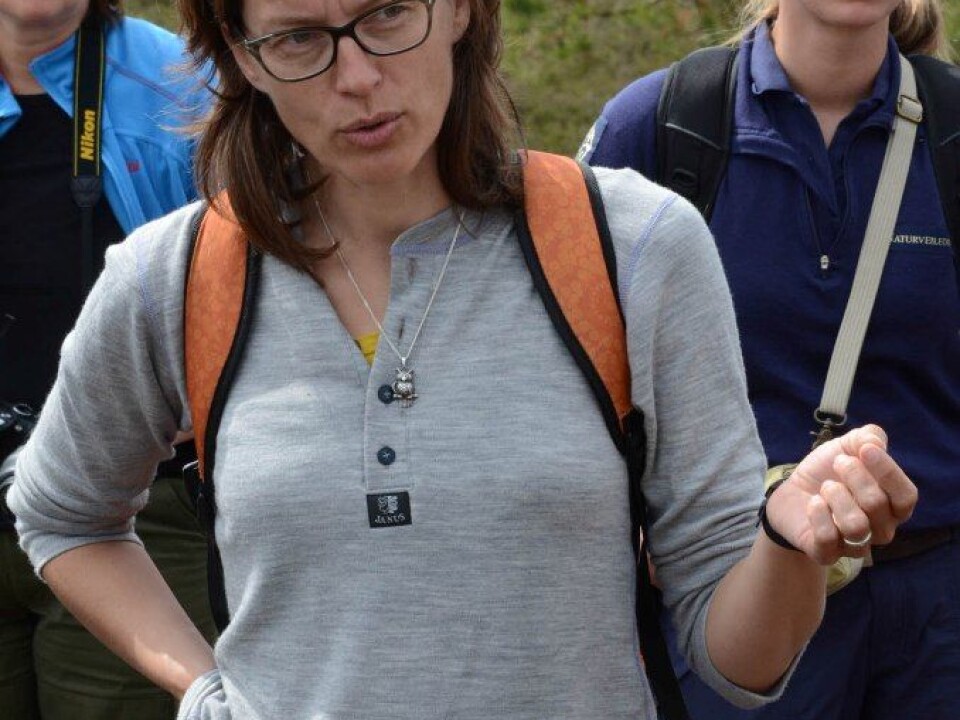
They enable the seeds to germinate quickly after a fire, thereby increasing seedling survival by making use of the bare, nutrient rich soil exposed by the fire.
Only in cultural landscapes
What is interesting about these new findings, is that the European coastal heathlands are not a naturally fire-prone system, but a cultural landscape where the frequent fires have been part of the traditional management regime.
This raised the question of whether this adaptation has occurred before the development of coastal heathlands, or if it could be an evolutionary response to the anthropogenic fire regime in this ecosystem.
"We found that smoke-induced germination occur in the heather within the managed coastal heathlands , but is lacking in the heather from natural alpine and boreal heaths," says Vandvik.
Evolutionary processes
The reserchers documented this by combining germination of seeds from different regions, with and without a water-soluble smoke solution, with paleoecological records of the fire history of these regions.
They found that the heather seeds from managed coastal heathlands germinated much faster, and to higher percentages, when exposed to smoke. But in natural habitats, these responses were absent.
"Our work demonstrates that human management of the cultural landscape has influenced evolutionary processes of natural species in this system," explains Vandvik.
This is one of the first studies to document the evolutionary consequences of historical management regimes on plants in the wild, but there are interesting parallels from the animal kingdom, such as the study of how fisheries have affected the cod life cycle.
Such research can be of importance for future ecosystem management and conservation of biodiversity.
------------
Read the Norwegian version of this article at forskning.no







